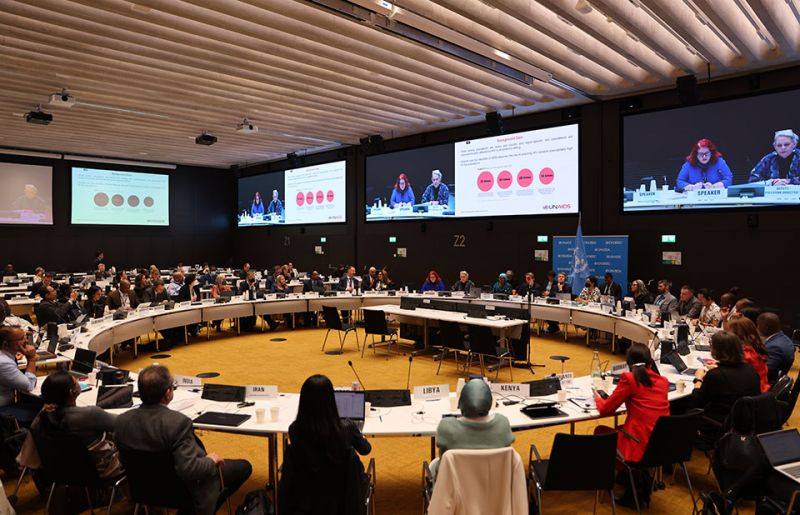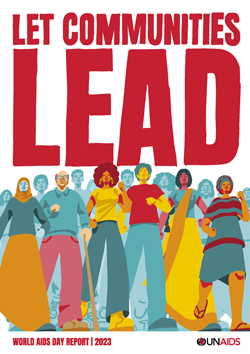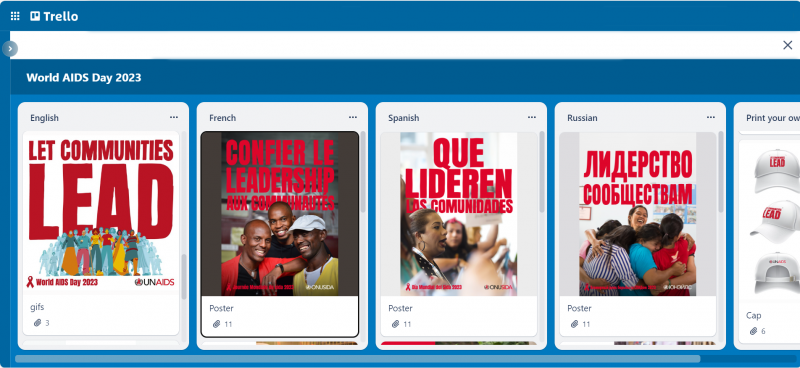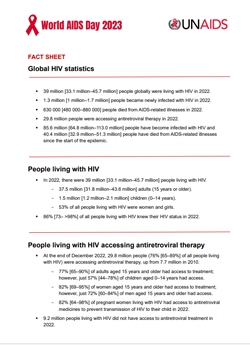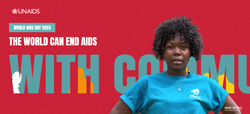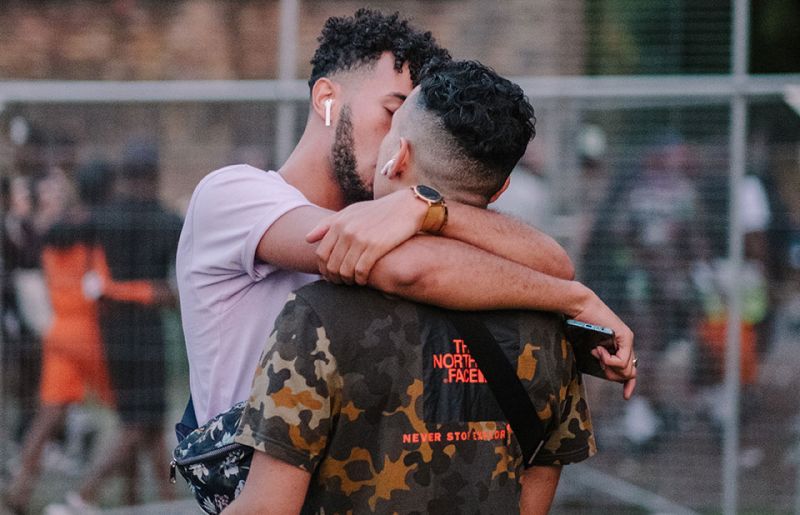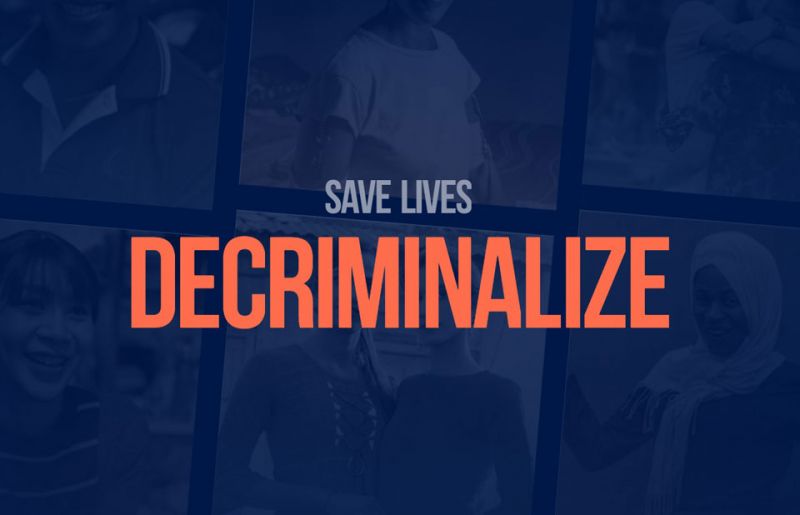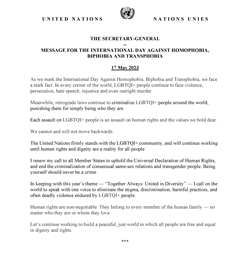At his previous factory job, Tom Wang (not his real name) says coworkers gossiped about his sexuality and made fun of him. When he visited a public health facility for an HIV test, the nurse peppered him with questions like “Why do you need it? Have you been sleeping with many partners?”
Thailand is a country famed for its tolerance. It is among the world’s top locations for gender affirming care. Same-sex sexual activity hasn’t been criminalised since 1956. And the policy tide is turning on other key population issues. A 2021 Drug Law allows for harm reduction as opposed to automatic imprisonment, while a bill is in the pipeline to affirm the rights of sex workers. Yet stigma and discrimination persist. In homes, communities, schools, workplaces and—critically—healthcare settings, discriminatory attitudes can take their toll.
“Microaggressions—intentional or unconscious verbal or behavioural slights toward stigmatised groups—can drive people away from HIV prevention and treatment,” noted UNAIDS Regional Human Rights and Law Adviser, Quinten Lataire. “There are evidence-based approaches for measuring and lowering both overt and subtle stigma and discrimination in healthcare settings.”
It was this need for stigma-free services that led to the establishment of the Rainbow Sky Association of Thailand (RSAT). RSAT offers sexual healthcare for men who have sex with men, migrants, people who use drugs, sex workers and transgender people. It also advocates for the full rights and equity of lesbian, gay, bisexual and transgender (LGBT) communities. Tom Wang is amongst the clients who have benefited from their support.
This work is critical if HIV programmes are to reach and retain key population communities. In Thailand, as in the rest of Asia, these groups carry the heaviest HIV burden. Nationally HIV prevalence is 1% for sex workers, 8% for people who use drugs, 11% for transgender women and 12% for men who have sex with men.
A one stop shop for sexual health services
RSAT’s approach demonstrates how programmes can improve outcomes by implementing strategies to affirm and empower clients. They are jointly supported by PEPFAR, USAID, EpiC, the National Health Security Office (NHSO) and Thailand’s Institute of HIV Research and Innovation (IHRI).
There are no depressing charts or drab walls at their five key population clinics. At the Bangkok site the rainbow motif appears on the floors and walls. There are swarms of cut-out butterflies. Signs are either upbeat and multi-coloured or a soothing blue.
Most of the staff are themselves members of key population groups. All staff receive anti-stigma and discrimination training which even addresses the fine point of body language. Nothing about staff’s interactions should make a client feel judged or uncomfortable. The entire team is retrained annually. There is an internal complaint mechanism that allows clients to confidentially flag issues, as well quality assurance staff to ensure Standard Operating Procedures are followed. Every team member signs a confidentiality agreement.
RSAT’s service package includes on-site testing for HIV and other sexually transmitted infections, Hepatitis C, Tuberculosis and Covid-19. For transgender clients they offer hormone level monitoring. Mental health screenings which evaluate for depression, anxiety and stress have been integrated into the HIV service package. Where required, clients are referred for additional mental healthcare.
“Many of our clients engage in chem sex (recreational drug-use during intercourse). Some clients inject meth so we need to provide more than condoms. They also need clean syringes and needles which are part of our harm reduction package,” said Deputy Director, Kao Kierati Panpet.
Pre- and post-test counselling are critical. All counsellors are certified and accredited by the Ministry of Public Health according to Counsellor Supervisor, Sasiprapha Khamthi. Even before receiving HIV test results, clients know that treatment is available. Following a positive test, the counsellors reassure clients that with treatment they can live a normal life, explained Niphon Raina, Care and Counselling Supervisor.
“We also ask what their concerns are and give basic information about how HIV is and is not transmitted, using a picture book so they are clear on the facts,” Care and Counseling Officer, Bussarin Poonvisitkun added.
RSAT keeps a stock of antiretroviral therapy drugs onsite and can initiate new clients’ treatment on the day of diagnosis by giving them one month’s supply. Although HIV care is provided at the Ratchaphiphat Hospital, RSAT is able to dispense right away in accordance with instructions from a hospital doctor, delivered via telemedicine. Clients living with HIV receive help from the care and support team to navigate their next steps, including attending hospital visits.
RSAT also provides pre-exposure prophylaxis or PrEP services with hospital supervision. Mr. Tom Wang explains how this has protected his health: “I decided to get on PrEP because I am changing partners. To me PrEP is another means of protection in case you are intoxicated or the condom breaks. It’s a way to ensure I stay HIV-free.”
A redress mechanism for rights violations
The organisation advocates for structural changes to eliminate stigma and discrimination. For example, they are currently making recommendations for the Gender Recognition Draft Bill.
“But the reality is that policy and legal changes take a lot of time,” said RSAT Director, Tanachai Chaisalee.
While this longer-term work proceeds, a redress mechanism helps clients address current concerns. RSAT is tapped into the Crisis Response System (CRS) initiated by the Ministry of Public Health in collaboration with the Office of the Attorney General, Ministry of Justice. People with complaints about prejudice or rights violations in any sphere can scan a QR code and report their experience. Reports may also be sent via Facebook, email or LINE, Thailand’s answer to WhatsApp. A multi-disciplinary team conducts investigations and works with the client and other stakeholders to help.
The lion’s share of reports made via RSAT come from transwomen (78%) while gay men have lodged 17% of reports. The most common challenges relate to requirements for gender confirming attire, social exclusion (particularly during job application processes) and HIV status.
RSAT’s Human Rights Manger, Watcharawit Waraphattharanon, shares that they have been able to resolve some cases very quickly. For instance, if a person living with HIV is being forced to take an HIV test as a requirement for work, the Attorney General’s office does an emergency intervention.
“We can close these cases within one week,” he said.
“The work of key population-led, community-based organisations like RSAT is critical to reach those who most need HIV services,” UNAIDS Country Director, Patchara Benjarattanaporn stressed. “The Government’s progress in funding Community-led Health Services and building partnerships between these organisations and the public health system puts us on the path to end AIDS.”
A group of journalists visited the Ozone Foundation as part of the UNAIDS, UNDP, APN Plus and USAID/PEPFAR Southeast Asia Regional Workshop on HIV-related Stigma and Discrimination in Bangkok, Thailand on June 8, 2023. Learn more about this novel training



